
Similar Posts
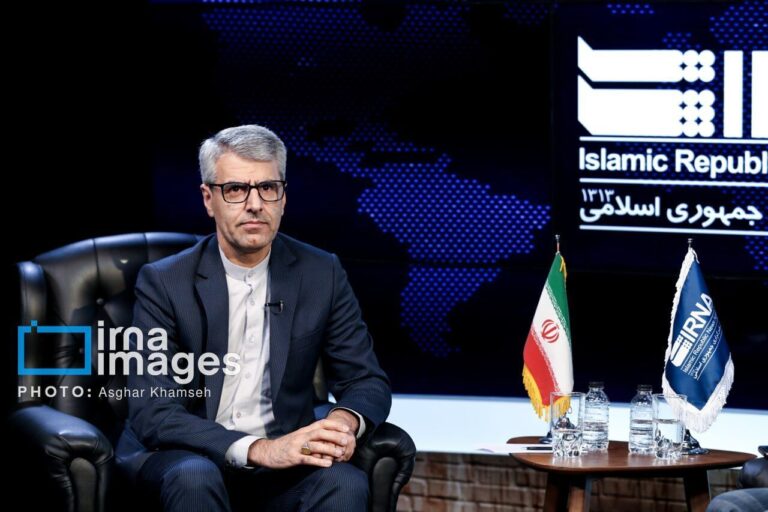
Expert Insights: Why Caution is Crucial in U.S. Negotiations, According to Spokesperson
Iran’s negotiations with the U.S. are characterized by historical caution, as highlighted by Foreign Ministry spokesperson Esmaeil Baqaei. He expressed concerns over the U.S.’s past non-compliance, prompting Iran to adopt a vigilant stance. Baqaei acknowledged the typical fluctuations in negotiations but noted that decades of distrust complicate the dialogue. The Omani Foreign Ministry is facilitating the fifth round of talks, with details on timing and location forthcoming. Iran remains committed to pursuing diplomatic solutions, grounded in international law and the collective will of its people, while carefully calibrating its actions in response to U.S. moves.
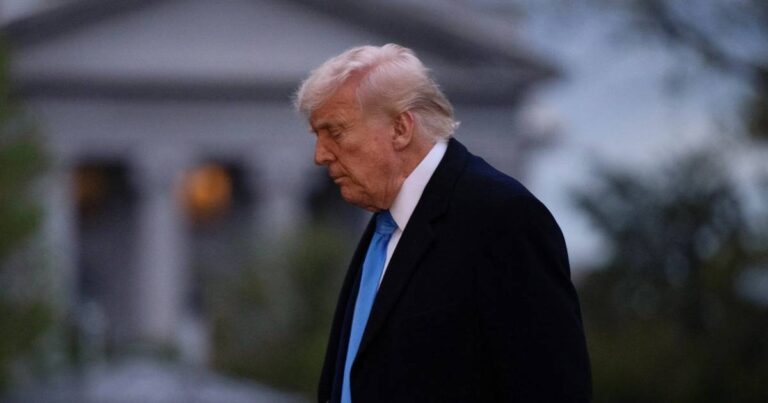
Tehran Hardliners Split on Negotiations as US Intensifies Demands
The nuclear talks between Iran and the U.S. are facing increasing skepticism from Iranian hardliners, who fear a more aggressive U.S. stance under President Trump may jeopardize negotiations. Concerns include the unpredictability of U.S. leadership, accusations that talks may be a trap to reinforce sanctions, and claims of insider sabotage. Analysts warn that Iran’s disarmament could lead to vulnerability, drawing parallels with Libya’s fate. As accusations of leaks and distrust within Iranian ranks emerge, a fractured political elite struggles to navigate diplomacy. The complexities of these discussions pose significant risks for both Iran’s nuclear ambitions and regional stability.
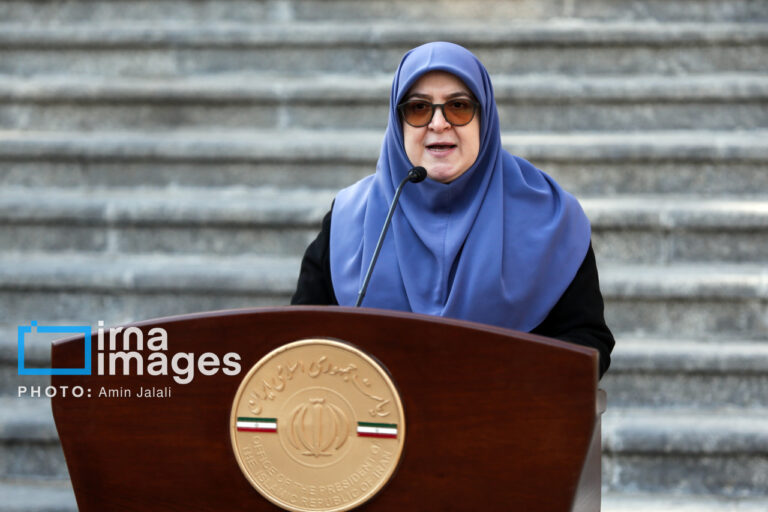
Pezeshkian Administration Unveils Dynamic Strategy to Combat U.S. Maximum Pressure, Says Spokesperson
In response to the U.S. “maximum pressure” campaign, Iranian President Masoud Pezeshkian’s government is implementing strategies to strengthen the economy and resilience. Spokesperson Fatemeh Mohajerani emphasized initiatives to boost economic stability, garner public support, enhance the private sector, and promote knowledge-based companies. The government aims to leverage domestic resources and strengthen relations with neighboring countries. Despite advocating for negotiations, Mohajerani stressed that Iran will not yield to intimidation. This statement follows U.S. President Donald Trump’s announcement to reinstate the pressure policy after exiting the nuclear deal in 2018, as the Pezeshkian administration aims to navigate these challenges effectively.
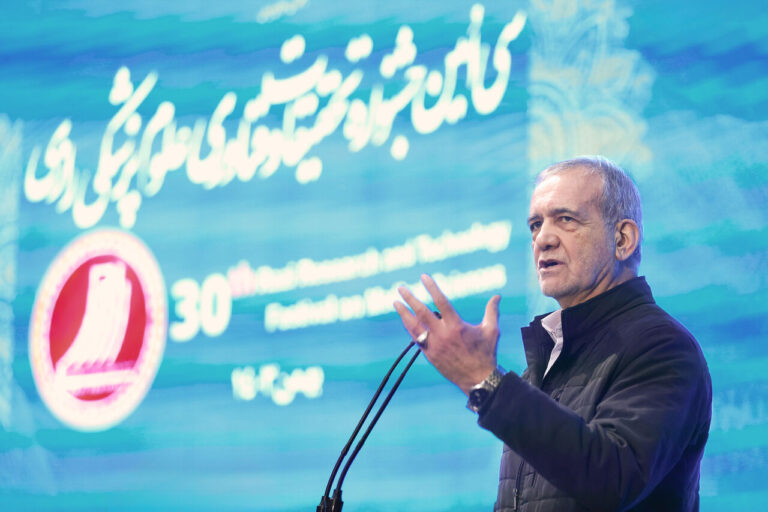
President Slams Human Rights Violations: Accusations Against Iran by Agents of Death and Destruction
President Masoud Pezeshkian responded to accusations of human rights violations against Iran, criticizing the hypocrisy of those making such claims. He pointed to the suffering caused by others, particularly referencing the tragic loss of lives in Gaza, and argued that those responsible cannot justly accuse Iran. Acknowledging Iran’s own challenges, he posed the rhetorical question, “Who doesn’t?!” During a medical sciences ceremony in Tehran, Pezeshkian emphasized the need for the scientific community to address domestic issues through innovation and research, highlighting the complex dialogue surrounding human rights amid ongoing regional conflicts.
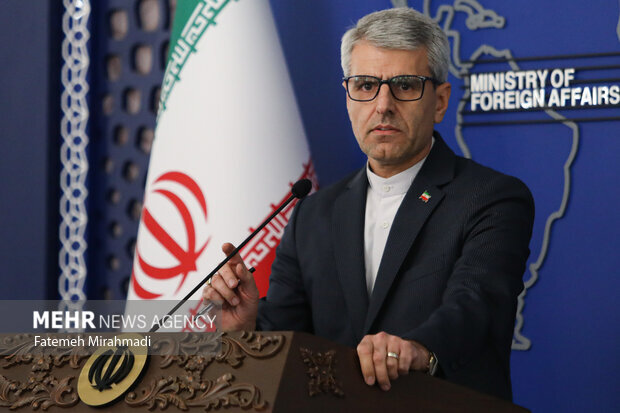
Germany Launches Investigation into Wartime Chemical Weapons Supply to Iraq
On the anniversary of the Chemical Weapons Convention, Iranian Foreign Ministry spokesman Esmaeil Baghaei highlighted the treaty’s role in preventing chemical warfare atrocities and recalled the horrors suffered by Iran during the 1980s conflict with Iraq. He urged Germany to acknowledge its support for Saddam Hussein’s chemical weapons program, emphasizing the need for transparency and justice. The Iran-Iraq war saw over 10,000 Iranian deaths and extensive injuries due to chemical attacks, with Western nations implicated in supplying materials. Baghaei stressed that revealing the truth is essential for healing and accountability, reinforcing the global commitment to preventing chemical warfare’s recurrence.
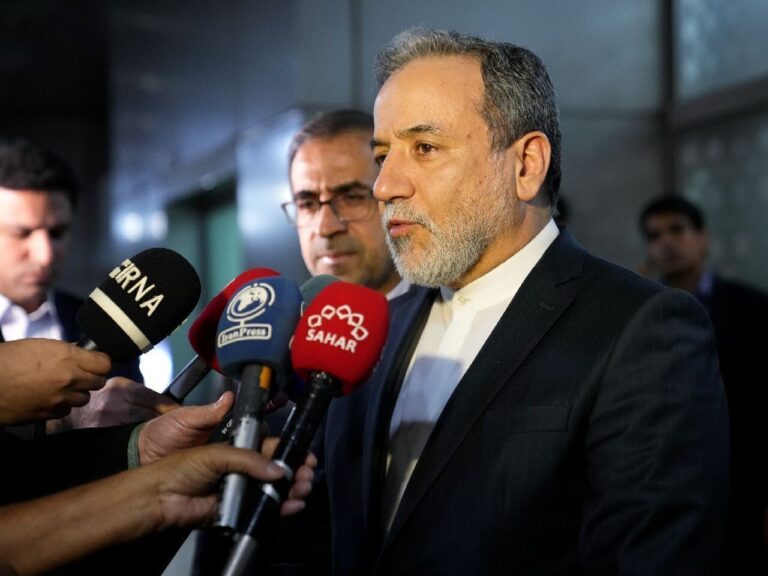
Upcoming Fourth Round of Indirect Talks with U.S. Set for Sunday: What to Expect
The fourth round of indirect negotiations between Iran and the United States is scheduled for Sunday, May 11, mediated by Oman. Iranian Foreign Minister Abbas Araqchi confirmed Iran’s agreement to the date and noted that negotiations are progressing, requiring ongoing consultations to address raised issues. Araqchi highlighted the principled and consistent nature of Iran’s positions, despite receiving contradictory messages from the U.S. side. These discussions are essential for stabilizing relations and addressing mutual concerns between the two nations. Further updates will follow as the situation develops.